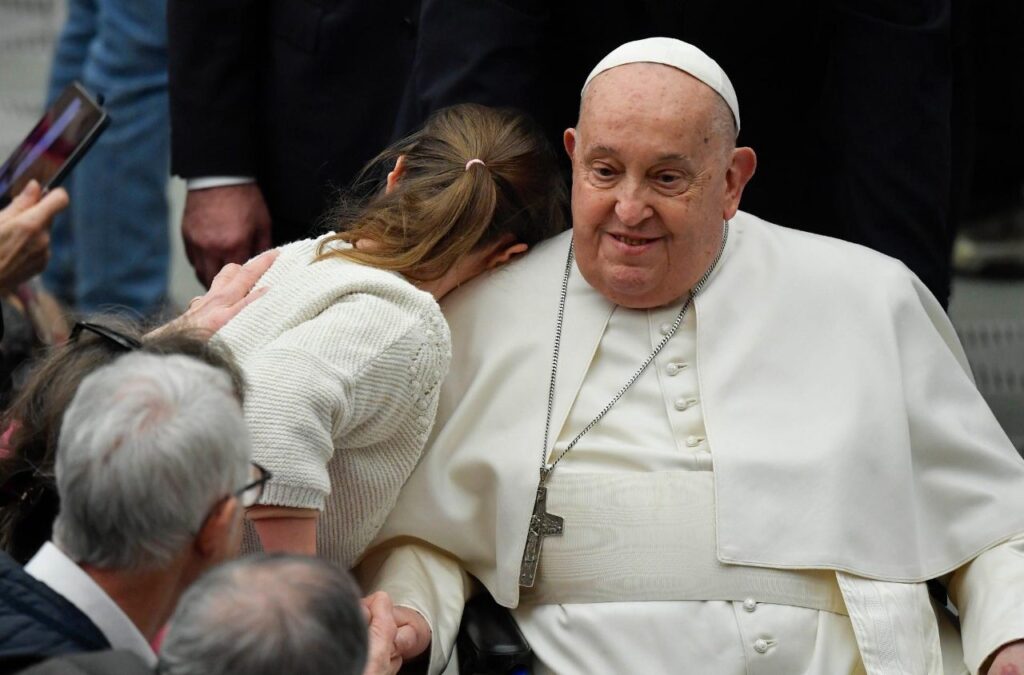Global Solidarity as a New Principle of Ethics
The Actions of Some Affect Others

Dr Maria Elisabeth de los Rios, Professor and Researcher of the Bioethics Faculty of Mexico’s Anahuac University, shares with Exaudi’s readers her article entitled “Global Solidarity,” understood as a new principle of ethics.
* * *
It is not very important and we don’t know if it was capitalist neo-liberalism or the excess of Communist vigilance, if the virus was created in a laboratory or a leap of the animal nature to the human essence, to discuss the principle that has gained strength in this time of pandemic and that a few already dare to extol as part of the corpus of ethical and bioethical principles that must govern human conduct in its intervention in the life and health sciences, which is the principle of global solidarity.
For its part, the principle of solidarity isn’t new; it has already been postulated, defined and practiced in different institutions and educational plans in basic and advanced levels. It sinks its roots in Christian Social Doctrine but it’s not circumscribed to Christianity and was taken up and revitalized in Pope Francis’ last encyclical Fratelli Tutti, where it is extended to all nations, and religious creeds by way of social friendship, which invites to the permanent action of acceptance and brotherhood of all human beings.
In this pandemic, from the beginning up to today, we continue asking what the role must be that we have with one another from the local to the global level, and we have verified that the best measure for personal protection is the other who is before me: if he takes care of himself he takes care of me, and if I take care of myself I take care of him.
Although initially it might sound as a tongue twister, the actions of some affect others and what happens in one end of the planet — we have already seen this — “affects the other pole. As the present Pontiff stated in his encyclical Laudato Si’: everything is inter-connected.”
In this connection, it’s worthwhile to accompany the principle of solidarity with the global surname, as the pandemic has not known borders and, hence, our actions to combat it should not know them either.
It’s true that some countries have been more affected by the virus than others, be it because of endemic conditions or because of decisions, but no one has remained foreign to the contagions and deaths, that is why the strategies designed to address the pandemic must be founded on the care of all human beings and not only of our compatriots.
However, global solidarity must take into account not only the common responsibilities of some countries vis-à-vis others but the extra considerations of the existing inequalities between countries, knowing that from them stems irrevocably, the greater responsibility of more developed countries to the less developed and here is where the principle becomes more relevant as it implies planning resources with a subsidiary but not paternalistic look, and that those measures not stem from political or politicized plans, which conceal economic or power interests but understanding the fraternal bonds between nationals that are more twinned in sorrow than in joy, and more in need than in abundance.
Global solidarity is the principle that will dictate the limits to this pandemic in the measure in which it is understood that resources, such as vaccines, those that are developed and those in the process of development are a common good that must be shared. No on should benefit from the vaccines that are necessary in this time of our history. Neither does it suffice or will suffice in the future to donate hundreds of vaccines to countries with lower purchasing power of they are not given the necessary structures so that they themselves are able to develop that resource.
Thus global solidarity as a new principle of ethics must have at least two characteristics: a look that goes beyond one’s borders but not neglecting them, and a sensibility that is affected by others’ needs and moves to an action that is neither hoarder nor voracious, or utopian and totalitarian, but fraternal, real, practical, which continues to make its own the needs of others and to understand that no one will be saved alone from this crisis, but will only be saved with others.
Translation by Virginia M. Forrester
Related

Reversing Social Deterioration: A Task That Begins in Business Management
Alejandro Fontana
25 April, 2025
4 min

The Revolution of Tenderness
María Elizabeth de los Ríos
25 April, 2025
3 min

His Hope Does Not Die!
Mario J. Paredes
24 April, 2025
6 min

The Religious Writer with a Fighting Heart
Francisco Bobadilla
24 April, 2025
4 min
 (EN)
(EN)
 (ES)
(ES)
 (IT)
(IT)

